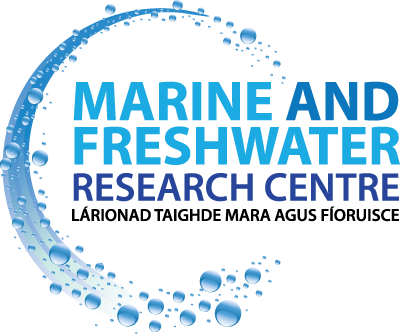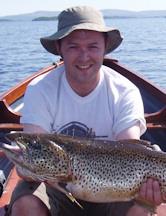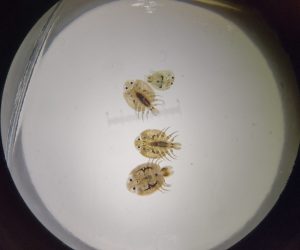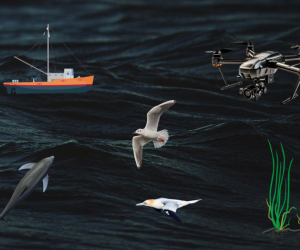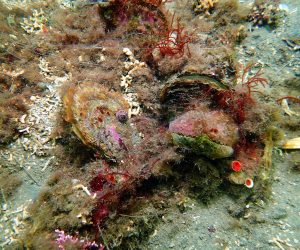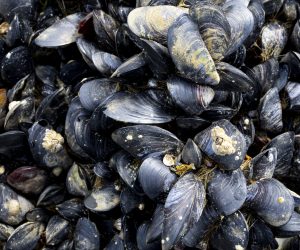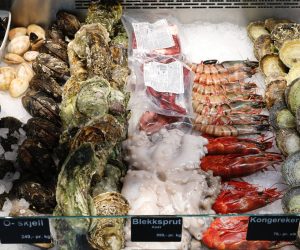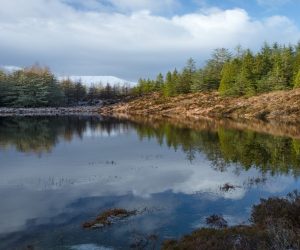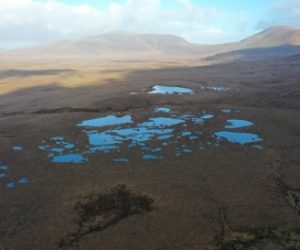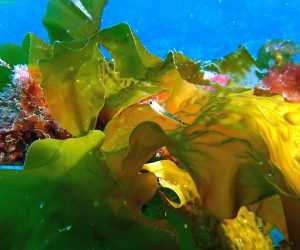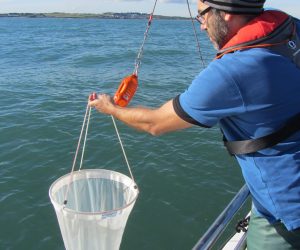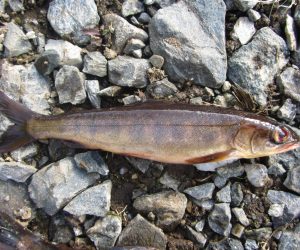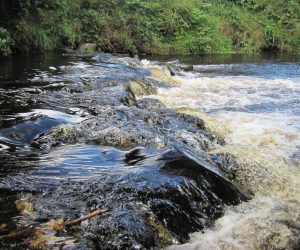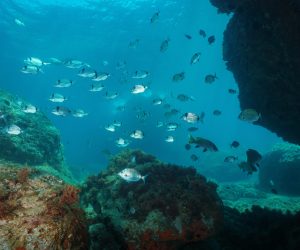I graduated with a BSc (Hons) in Marine Science in 2001 and a MSc (Research) in Freshwater Fish Ecology in 2004 both from NUI Galway and a PhD (The impact of nutrient enrichment on the ecology of salmonids in Irish rivers) in freshwater ecology from University College Cork in 2010. I held several postdoc positions in UCC and NUIG on freshwater and marine ecology as well as terrestrial ecology before joining GMIT as a lecturer and researcher in 2014. My research interests include impact of cultural eutrophication and forestry on aquatic systems, biodiversity conservation, climate change, trophic ecology, life history choice, the development of sustainable marine fisheries, deep-sea food webs and marine food traceability. I am a lecturer in aquatic ecology and statistics on the BSc Applied Freshwater and Marine Biology and programme chair for the BSc Agriculture & Environmental Management.
